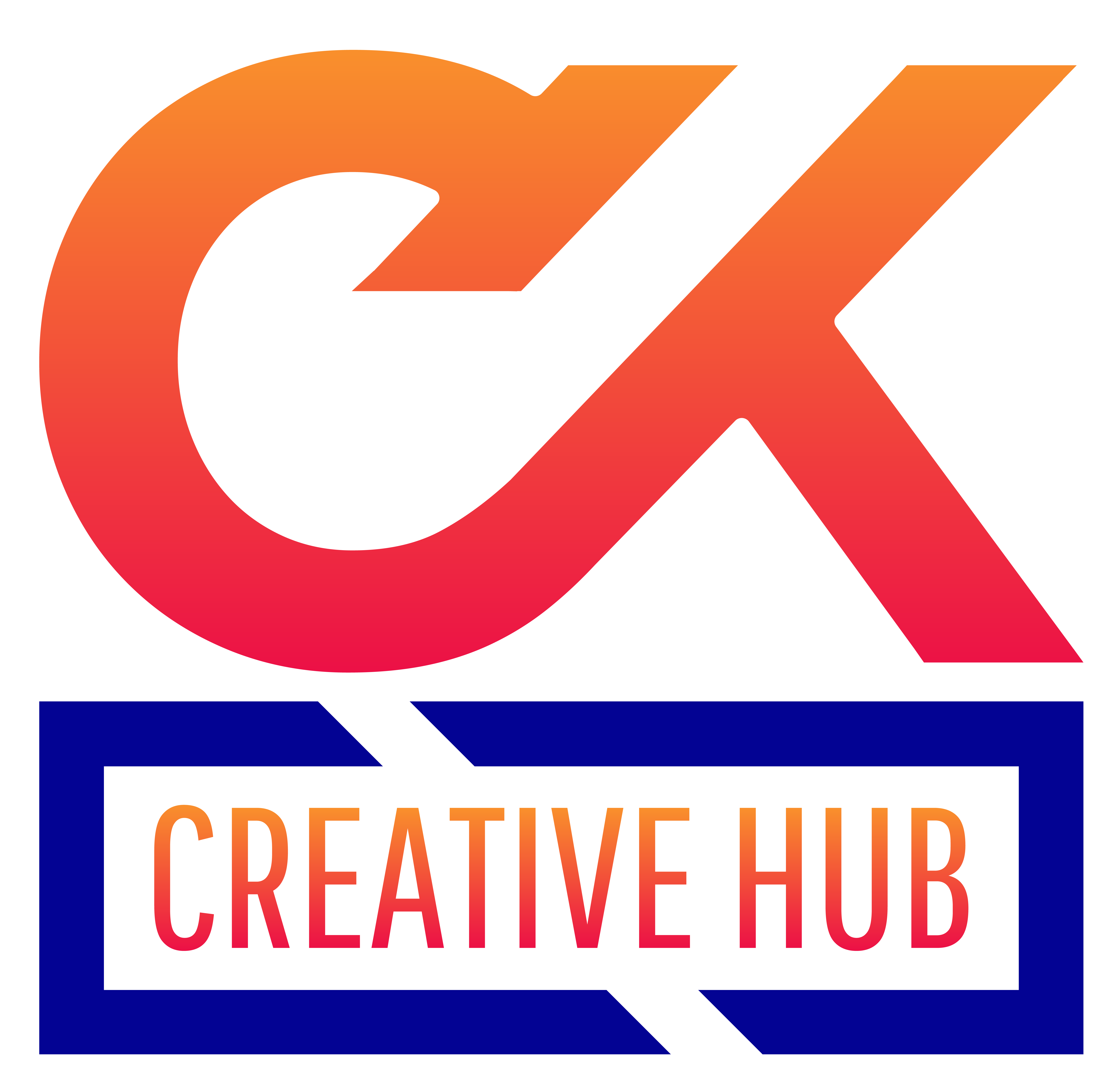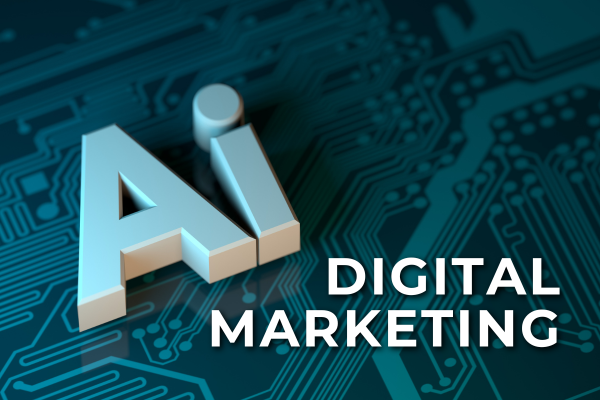
Artificial Intelligence (AI) has revolutionized the way businesses connect with their audiences. From personalized recommendations to predictive analytics, AI has become a cornerstone of modern Digital Marketing strategies. This article explores AI’s role in digital marketing, its benefits, tools, and future trends.
Table of Contents
ToggleWhat is Artificial Intelligence?
AI refers to the simulation of human intelligence by machines. It enables computers to perform tasks like decision-making, learning, problem-solving, and more. In digital marketing, AI automates and optimizes processes, enhances customer interactions, and boosts campaign performance.
Benefits of Artificial Intelligence in Digital Marketing
Enhanced Personalization
AI tailors experiences to individual preferences, offering product recommendations, content suggestions, and targeted ads.
Example: Netflix uses AI to recommend shows based on viewing history.
Improved Customer Service
AI-powered chatbots provide instant responses to customer inquiries, enhancing satisfaction and reducing response times.
Example: Chatbots like Drift or Intercom offer 24/7 support.
Data-Driven Insights
AI analyzes vast amounts of data to identify trends, customer behavior, and preferences, helping marketers make informed decisions.
Cost Efficiency
Automating tasks like email marketing and ad optimization reduces operational costs while increasing ROI.
Predictive Analytics
AI predicts future customer behavior based on historical data, enabling businesses to anticipate needs and craft better strategies.
Applications of Artificial Intelligence in Digital Marketing
Content Creation
AI tools generate engaging content, headlines, and blog ideas based on trending topics and audience preferences.
Example: Tools like Jasper.ai create high-quality blog posts and ad copy.
Search Engine Optimization (SEO)
AI optimizes content for better rankings by analyzing keywords, backlinks, and competitor strategies.
Example: SEMrush and Ahrefs offer AI-driven SEO solutions.
Voice Search Optimization
AI ensures content aligns with voice search queries, making it easier for users to find information through virtual assistants like Alexa.
Ad Targeting
AI optimizes ad campaigns by analyzing audience behavior, ensuring ads are shown to the right people at the right time.
Email Marketing
AI personalizes email content and predicts the best times to send emails, increasing open and click-through rates.
Example: Mailchimp uses AI to enhance email campaigns.
Artificial Intelligence Tools in Digital Marketing
Google Analytics 4
Provides data-driven insights for website traffic and user behavior.
HubSpot
Offers AI-powered marketing automation and customer relationship management (CRM).
ChatGPT
Assists in generating engaging content and automating customer interactions.
Canva
Uses AI for graphic design and content creation.
Adext AI
Automates ad targeting and budget allocation for maximum ROI
Challenges of Artificial Intelligence in Digital Marketing
High Implementation Costs
AI tools often require significant investment, especially for advanced features like machine learning and predictive analytics. Small businesses may struggle to afford these technologies, and the cost of training staff to use AI effectively adds to the expense.
Data Privacy Concerns
Handling sensitive customer data involves strict compliance with regulations like GDPR and CCPA. Mismanagement can lead to legal penalties and loss of customer trust, making data security a critical concern.
Lack of Human Creativity
While AI excels at automation and analytics, it cannot replicate human creativity or emotional intelligence. Crafting compelling storytelling, nuanced branding, and emotionally resonant campaigns remains a challenge for AI.
Dependence on Data Quality
AI’s effectiveness relies on high-quality data. Incomplete, outdated, or biased datasets can lead to flawed analyses, poor campaign results, or unethical outcomes.
Integration Challenges
Incorporating AI tools into existing workflows can be complex and time-consuming. Compatibility issues with current software or lack of technical expertise can hinder smooth adoption.
Risk of Over-Automation
Excessive reliance on AI for customer interactions may alienate audiences who value personalized, human-driven experiences. Missteps in automation can lead to a lack of authenticity.
Bias in AI Algorithms
AI systems may unintentionally reflect biases present in their training data, leading to discriminatory outcomes or poor targeting in marketing campaigns. Addressing algorithmic bias requires continuous monitoring and refinement.
Rapid Technological Evolution
AI tools evolve quickly, making it challenging for businesses to keep up with the latest advancements. Companies may face obsolescence if they fail to adapt promptly.
Future Trends in Artificial Intelligence and Digital Marketing
AI-Powered Voice Assistants
Voice search will dominate, making conversational AI essential for businesses.
Hyper-Personalization
AI will deliver real-time personalized content based on user preferences.
Augmented Reality (AR) Integration
AI will enhance AR experiences for interactive product demonstrations.
Predictive Marketing
AI will predict customer needs, enabling proactive marketing strategies.
How to Leverage AI for Digital Marketing Success?
Personalized Customer Experiences
Use AI tools to analyze customer behavior and preferences. Implement personalized recommendations, product suggestions, and dynamic email content tailored to individual users, improving engagement and conversion rates.
Enhanced Content Creation
AI-powered tools like ChatGPT can assist in crafting blog posts, social media captions, or ad copy. These tools save time and ensure consistency in tone, style, and relevance for your audience.
Optimized Advertising Campaigns
Leverage AI for ad targeting and budget optimization. AI algorithms analyze user data to identify the best audience segments and determine the optimal time to run ads for maximum ROI.
Predictive Analytics
Predict future trends and customer behaviors using AI-based analytics. This helps in making data-driven decisions for product launches, seasonal campaigns, and resource allocation.
Chatbots and Virtual Assistants
Deploy AI-powered chatbots to provide 24/7 customer support, answer queries, and guide users through the purchasing process. This improves customer satisfaction while lowering operational expenses.
Social Media Insights
Use AI to monitor social media trends, analyze competitor performance, and gauge audience sentiment. These insights help refine your social media strategy for better engagement.
AI-Powered SEO Optimization
Tools like SEMrush and BrightEdge utilize AI to suggest keywords, analyze competition, and optimize content for higher search engine rankings. This ensures your digital presence stays competitive.
Automation of Repetitive Tasks
Automate tasks like email campaigns, lead scoring, and performance reporting. This frees up time for marketers to focus on strategic planning and creative work.
Customer Journey Mapping
AI helps track and analyze customer interactions across various touchpoints. Use this data to design seamless, cohesive marketing funnels that enhance user experience.
Voice Search Optimization
Optimize your content for voice search by integrating conversational keywords and AI-driven insights into your SEO strategy, catering to the growing number of voice-assisted searches.
Artificial Intelligence is reshaping digital marketing by enhancing efficiency, personalization, and ROI. While challenges exist, the benefits far outweigh them, making AI an indispensable tool for marketers. By embracing AI, businesses can stay ahead in the competitive digital landscape and deliver unparalleled customer experiences.
Start exploring AI tools today and unlock the full potential of digital marketing! 🚀

